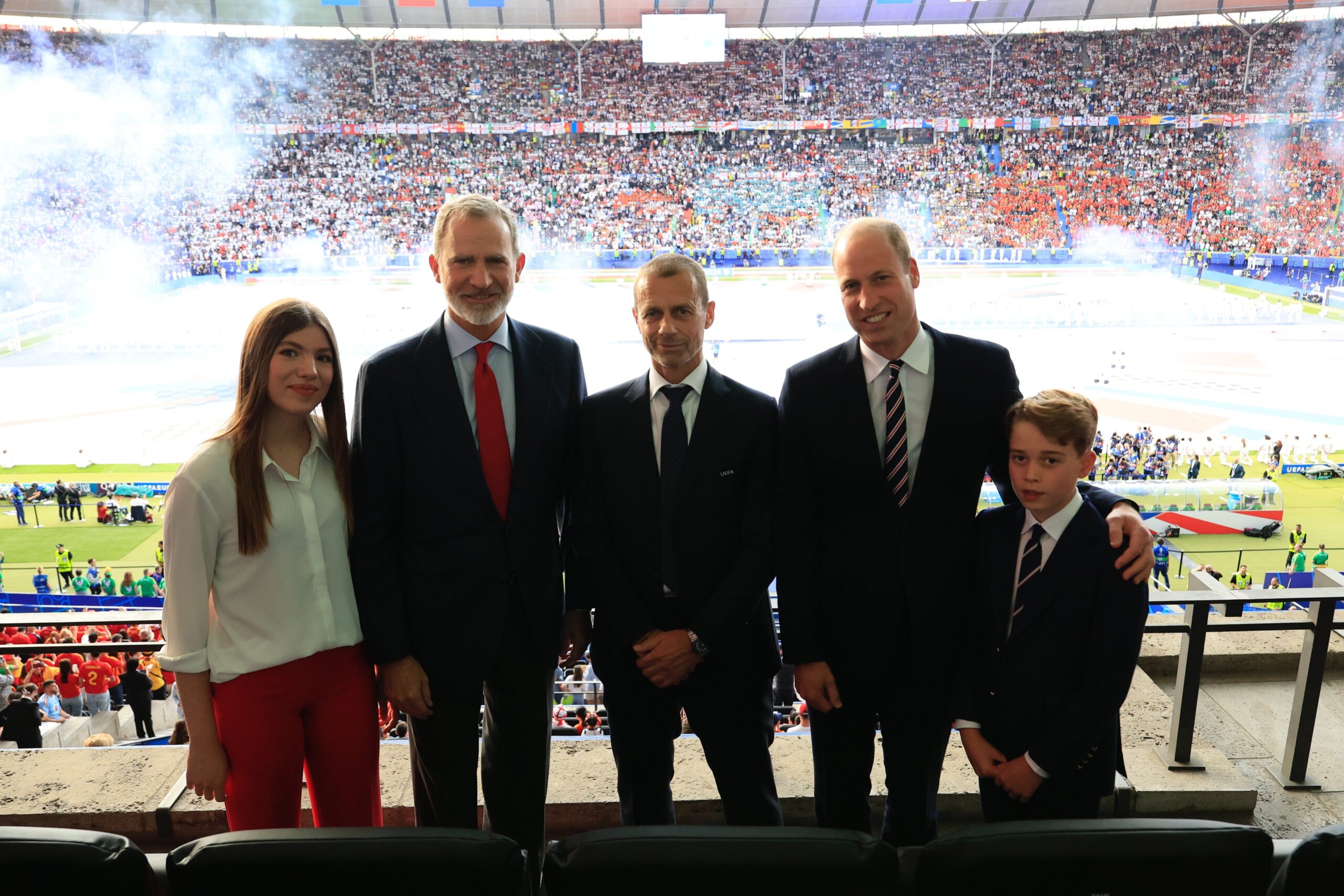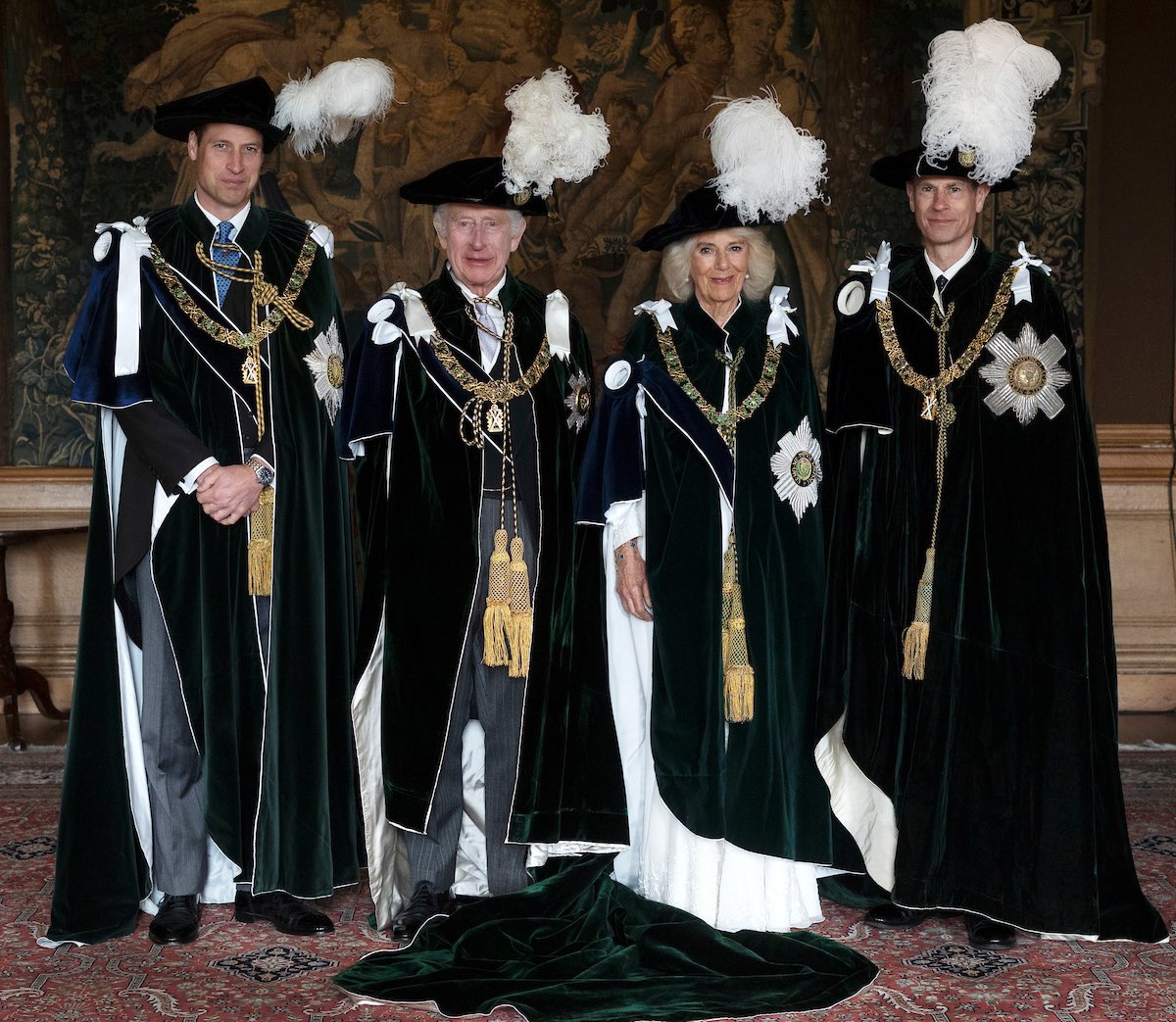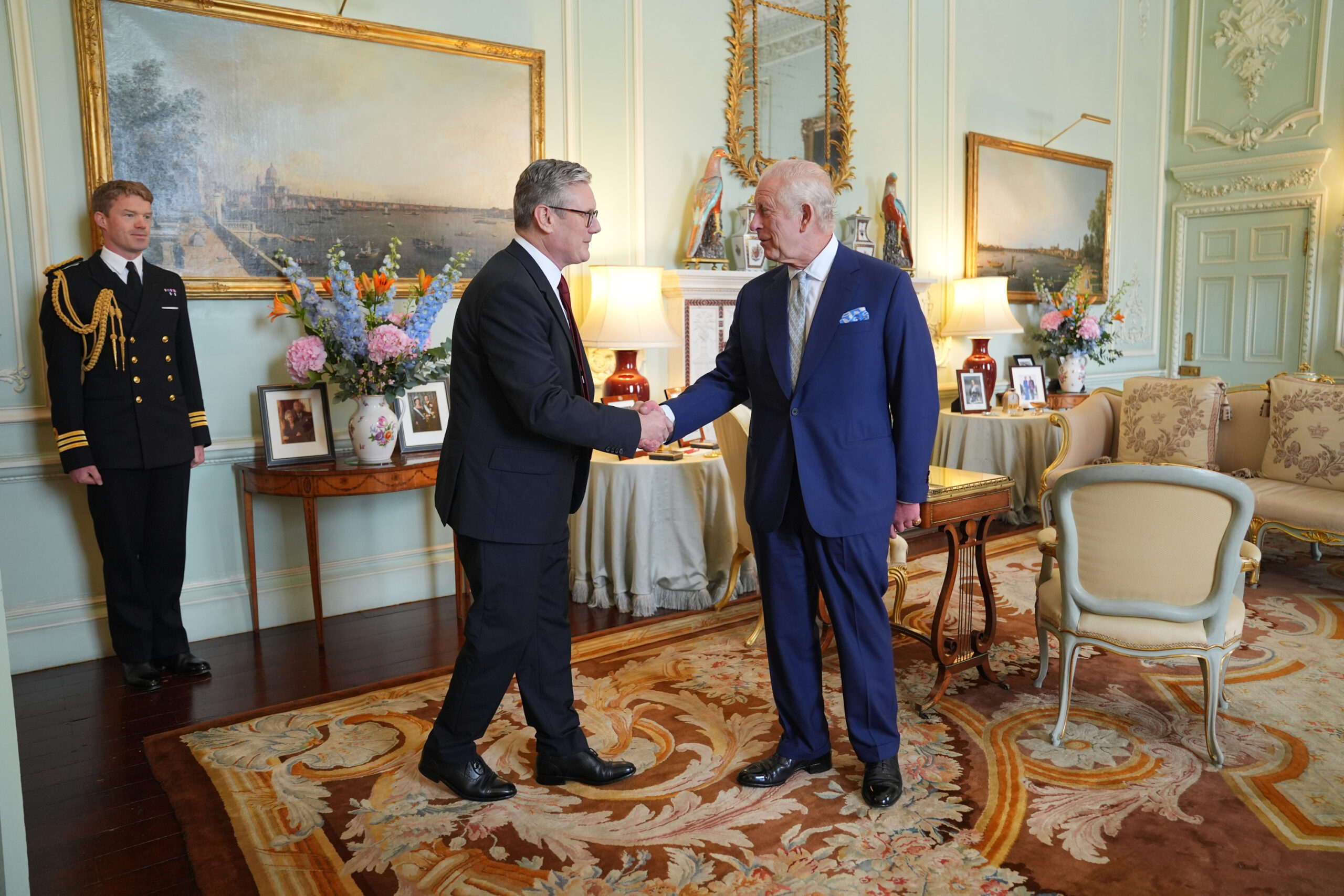The Duke of Sussex attended the Veteran’s Mental Health Conference today at King’s College, London earlier today. The purpose of the Mental Health Conference is to bring together prominent academics, mental health practitioners and researchers, so that they can share their ideas regarding how to best support former military personnel with their mental health needs. Organised by the King’s Centre for Military Health Research, innovation, evidence and practice are the focus of this year’s conference.
Embed from Getty Images Embed from Getty Images
Mental Health is a topic that Prince Harry has become quite passionate about, especially with the work that he has done through the Royal Foundation’s “Heads Together” project.
As a former soldier, who has served in Afghanistan, Prince Harry understands full well the trauma and stresses that can befall a soldier when on active duty and the difficulties encountered when one comes home.
For two and a half hours, the Duke listened to a wide array of speakers, from many different academic areas.
Defence Minister, Tobias Ellwood, gave the opening address and praised the Duke for all of his efforts with the foundation. Mr. Ellwood also discussed the issue of mental health advancements in the armed forces. He articulated: ” This is a passionate subject and I’m really pleased we are all here to discuss this. It is a journey and I do believe we are winning but it is a long journey that we need to keep working at.”
Embed from Getty Images
Embed from Getty Images
“Society’s attitudes are changing, which is a good thing, it isn’t just us on this journey. The Prime Minister has made it very, very clear, she wants to see parity between physical and mental wellbeing.”
Mr. Ellwood – a former Army captain himself – also spoke about how the Ministry of Defence was undertaking a study of 17,000 people who had served in Afghanistan and Iraq, so that they may periodically check in with them to see how they are doing and chart their progress.
In his speech, the Minister shared that at least one third of the population will be affected with some sort of mental health challenge during the course of their lifetime, and that when this number is put into perspective, it shows there is a great need to be ready with support when the time comes.
Throughout the days sessions, many different topics were touched upon and discussed. Subjects such as the media’s view of mental health and veterans to informative research on why military veterans drink, whether it is social pressure or to be able to cope, and why is it difficult to spot problems with dependence while still in active service. Dr. Daniel Leightley discussed a new app that can help one to manage alcohol misuse.
Speeches on transition intervention, how to get servicemen and women intervention services earlier and how to recognise the invisible wounds and traumas that veterans carry inside them were also subjects tackled today. Innovations in the treatment of PTSD was another presentation with extremely informative value.
After the days presentations, Prince Harry was able to spend the rest of his time visiting and chatting with the other attendees and speakers. Dr. Charles Winstanley, from the Contact (the military community mental health coalition and a partner of the Heads Together initiative) conveyed that he felt that The Duke of Sussex was hugely passionate about the subject of mental health and that he was the perfect figurehead to break the stigma associated with it.
Dr. Winstanley also said: “The Duke is helping to address so many issues around mental health in this country. Not just with the armed forces, our veterans and service personnel but through the Royal Foundation and Heads Together, he is changing the conversation. It is a generational thing and the Prince is changing that. “
“Young people are more willing to discuss how they feel and the Duke is tapping into that perfectly, together with his brother they are formidable.”
While at the event, Prince Harry declared that there was a great need for a multi-agency approach to address mental health issues across Britain. If they all are working together, the NHS, the armed forces, and people in the community, then that is how a difference will be made.





